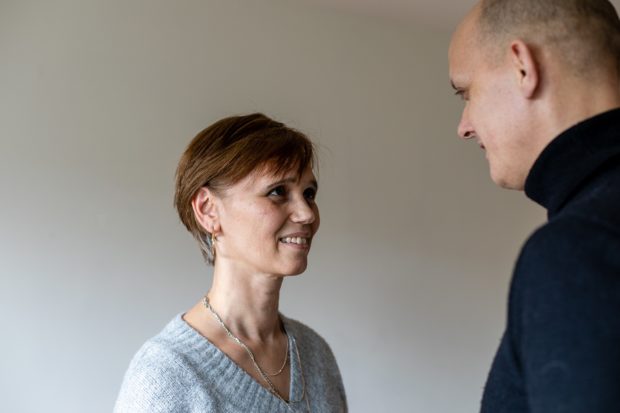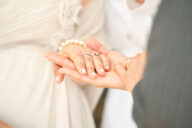Recently I attended a workshop on the impact of interparental hatred on children, where it was presented that children do not fare well in the presence of ongoing, high parental conflict, especially when they are drawn into the conflict. Research shows the longer the conflict goes on, the greater the damage to children. The damage can last into adulthood where they can have difficulties with intimate relationships and managing conflict. Interparental hatred, especially if it is entrenched, needs to be named – it is not just anger.
In my mediation work, supporting separated parents making plans for the care of their children, I have often experienced this conflict and there is sometimes even hatred. I often come across parents who are very nasty to each other when they separate. They really seem to hate each other. The way people can act and speak to each other with hatred really disturbs me because I know it is far from the truth of who they are inside. We are not born hating each other. Do babies hate anyone? When we are born, we are pure love, so human beings are naturally loving. So then, we perhaps need to ask, what do we allow to come through us, when how we are behaving is not truly us? And why do we let the anger, the poison, come through us? And why do many of us allow the hateful behaviour to go on?
What I have observed with my mediation work is that, although it may appear as though the separated parents hate each other, I can feel that is not the absolute truth, because underneath this hate are layered the many hurts they have experienced, either in their childhood or in previous relationships; and that they are expressing in that way as a result of one or any combination of all these hurts. Therefore this expression is often what comes out in their behaviour.
In other words, it is not the other parent they are hating; they are hating what has hurt them.
Many seem to lace new relationships with the hurts they have felt in previous relationships, either with their parents, siblings, friends or previous partners. In truth, we are not hateful people. I know as human beings that we are capable of so much more and that, inside our hearts, we are all equal. I also feel that when we show hatred towards another person, that hatred boomerangs back on us.
For example, whenever I experience nastiness from another now, or what can appear to be hatred, I bring understanding to why the person is acting in that way because I know there is always a hurt of some sort underneath the behaviour. This understanding stops me both from judging the person, and from reacting to them. This is the true power of love in relationships – offering others space to feel their hurts without judging their behaviours. Of course I am not yet perfect with this, and sometimes I do find myself reacting with anger, sadness or blame, when the behaviour pushes one of my buttons and brings up a hurt of my own. However, more and more now I am aware of the reaction and knowing that that energy is not who I am, I can stop it quickly from escalating into something that both harms me and the other person. This supports me to see the love that we all innately are first, and not the hate we can project onto the world.
So, whilst it is important to call out this hatred towards others, because otherwise we can be in the illusion of thinking everyone is ‘doing their best’ and that everything is going to be ‘alright’ – The ‘Pollyanna’ syndrome – the truth is, everything will not be alright until we stop our mind, hurts and emotions from running the show, and return to living from our heart. Only then can we let go of hating and hurting people we once loved deeply.
By Anne Scott, LL.B (Hons), Dip. Sport Sc, IYTA Dip., Dip. Chakra-puncture, Mediator, Esoteric Healing practitioner, Exercise instructor, Lifestyle consultant, Auckland, New Zealand
Further Reading:
A true family model for the 21st century
Every Move Matters
Relationships, Me and God





